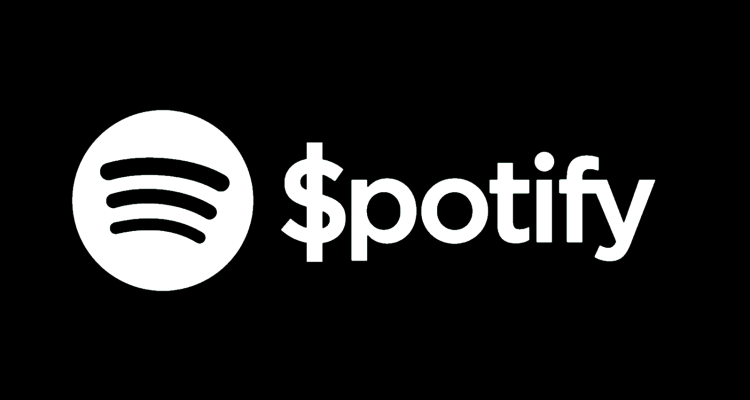Photo Credit: Gizmodo
Days after Apple Music raised the cost of its individual plan in markets including the U.S., Spotify CEO Daniel Ek has confirmed that his platform will likely roll out a price increase of its own in 2023.
The Helsing investor Ek, who just recently disclosed that Spotify doesn’t intend to pull Kanye West’s music, alluded to the price hike during his company’s Q3 2022 earnings call. The Stockholm-headquartered streaming giant reported double-digit year-over-year (YoY) growth among its subscriber base (totaling 195 million) and its ad-supported users (273 million) for Q3, when revenue climbed 21 percent YoY to crack $3.03 billion.
Nevertheless, Spotify stock (NYSE: SPOT) tumbled following the earnings report’s release, and at the time of this writing, shares were hovering around $82 apiece. The value is almost 70 percent beneath SPOT’s worth in late October of 2021 and only four or so dollars above the stock’s all-time-low price of $78.50.
Bearing in mind the stock-price slip that arrived despite Spotify’s aforementioned Q3 gains, Daniel Ek made clear during his business’s corresponding earnings call that domestic price raises are “one of the things that we would like to do.”
“And again, in specific, mostly to the U.S.-based price increases, it is one of the things that we would like to do, and this is a conversation we will have in light of these recent developments with our label partners,” Ek responded when asked about Apple Music’s aforesaid cost jump as well as that of YouTube Premium’s family plan. “And I feel really good about sort of this upcoming year and what that means in pricing in relation to our service.”
Now, as initially noted, Ek has stated in no uncertain terms that a Spotify price increase is likely for subscribers, including in the U.S., next year.
“‘We have the same pricing power in the U.S.,’” the 39-year-old said of Apple Music’s heightened subscription prices in an interview with the Wall Street Journal, which further relayed that “subscribers can expect price hikes for the service sometime in 2023.”
Needless to say, it’ll be interesting to see whether the move (possibly including a $20 “platinum plan”) slows Spotify’s subscriber growth and/or causes existing paid users to jump ship.
Spotify execs touched upon the subject earlier in 2022, when their company’s Loud & Clear report indicated: “The cost of a subscription is not an insignificant amount for many. Raising prices is a fine balance — we don’t want to drive people back to piracy or unmonetized solutions.”
Meanwhile, it was only in September that Spotify CFO Paul Vogel said: “We do think over time, we will have opportunities for pricing. We’ve done it a little bit in the past. We haven’t done it more recently. We did it a little over a year ago. But obviously, the economic situation right now is also one where you’re going to be mindful of it, and it’s not something that necessarily we think we need to do right now. But we obviously think we have pricing over time.”
The service has in any event “implemented dozens of price increases in markets around the world without losing customers,” the WSJ said of Ek’s interview comments. The same piece reiterates that Spotify started boosting the price of its family plan last year “in dozens of markets.”
However, the precise extent to which Spotify has gauged the impact of raised prices on individual accounts is unclear. Paris-headquartered Deezer has quietly adjusted the pricing of multiple packages in 2022, and stateside listeners must now pay $10.99 per month for Deezer Premium.
Tidal’s ad-free tier will still set subscribers back $9.99 per month, though, whereas Prime members can front $8.99 to access Amazon Music Unlimited ($9.99 for non-Prime members).

